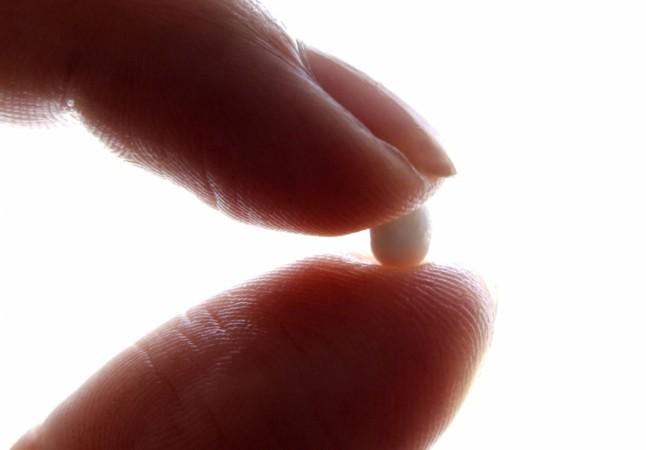
An anti-diabetes pill priced at Rs. 5 may just be what India — the diabetes capital of the world — needs. Bengaluru-based Council for Scientific and Industrial Research (CSIR) on Monday launched an Ayurvedic anti-diabetes pill called BGR-34, used for the management of type-2 diabetes (which is the most common one), which has been priced at Rs. 5.
The pill has been claimed to be cheaper than some other similar medications available worldwide. BGR-34 has been jointly developed by National Botanical Research Institute and the Central Institute for Medicinal and Aromatic Plants, the research units of CSIR at Lucknow. An official release quoted by the Press Trust of India said that BGR-34 has been economically priced at Rs. 5 per tablet as compared to latest DPP4 inhibitors globally.
DPP4 are Dipeptidyl peptidase inhibitors, which are used for the treatment of diabetes worldwide.
Scientists have brought together six herbs from those listed in Ayurvedic text books after studying at least 500 herbs, to formulate this drug, which is claimed to have no side-effects, unlike other diabetes medications. Besides, the drug has shown positive results during clinical trials in reducing the blood sugar levels by increasing the secretion of the insulin hormone, the researchers said.
One of the critical ingredients in it inhibits DPP-4 and enhances insulin secretion, Anil Kumar Sharma, the Vice President (Technical) of AIMIL Pharmaceuticals (India) Ltd., which has been given the rights of marketing and distributing the drug, told the news agency. "The product passed several battery of tests and showed hypoglycaemic activity in experimental subjects," he said.
The scientists are hopeful of a positive response from medical professionals and patients. "We are sure that eminent medical professionals will recommend it to their patients suffering from type 2 Diabetes mellitus for quicker and consistent response," AKS Rawat, Sr Principal Scientist of CSIR-NBRI, was quoted by PTI as saying.
India had nearly 6.4 crore diabetic patients in 2014 and nearly 3 percent of deaths occurring annually in the country are due to diabetes. Recent studies suggest that non-communicable diseases such as diabetes are on the rise in the country.

















